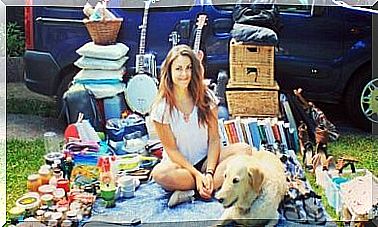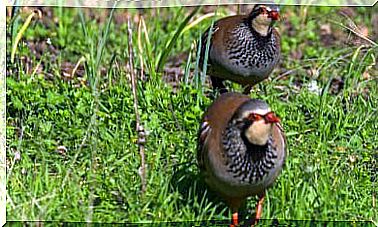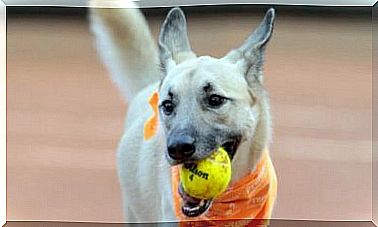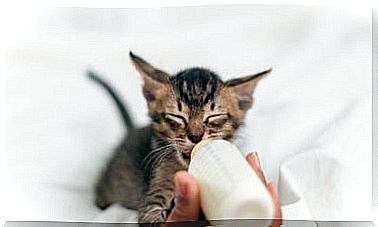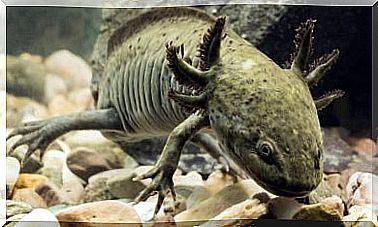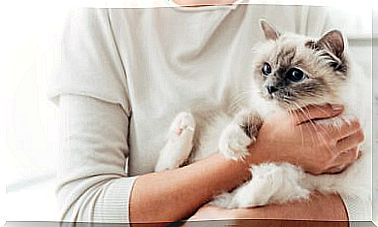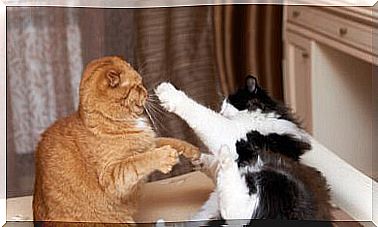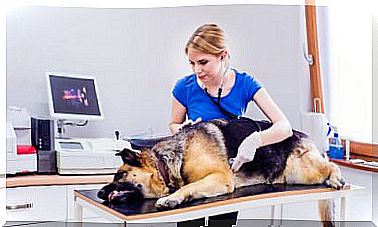Immune Therapy In Animals
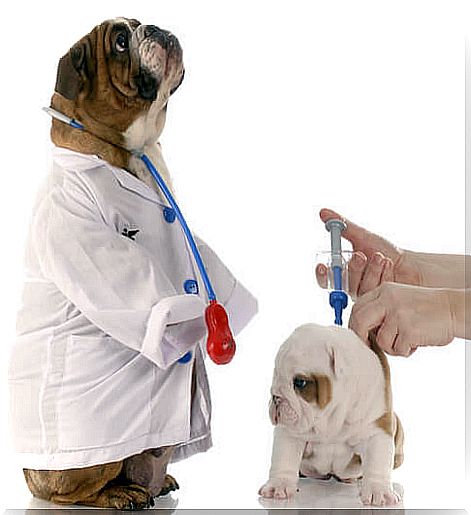
Immune therapy has established itself as one of the essential disease prevention formulas in veterinary medicine. Its basis resides in immunology, a science that studies the molecular and cellular processes involved in defending the biological integrity of the organism.
The immune response
The immune response can be:
- Natural or innate : a first nonspecific immune barrier.
- Acquired or induced : an already specific barrier against a certain agent or substance. It is mediated by memory cells known as lymphocytes.
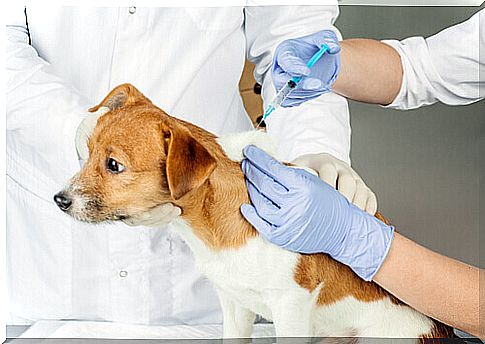
The immune response has two components, one humoral and the other cellular. The cellular component is the one that is constituted, among other things, by the B and T lymphocytes.
In addition to the immune responses mentioned, there are others considered pathological, such as hypersensitivity, autoimmune diseases or leukemias.
Immune therapy in animals
Immune therapy gives rise to what is known as artificial or acquired immunity, considered an essential tool in the fight against animal diseases.
What types of immune therapy are there?
Passive Immune Therapy
In it, the subject is directly administered specific antibodies against a specific pathogen. These antibodies produce a rapid and short-lived immune response, which does not activate memory cells. It is achieved through the administration of a serum or antidote.
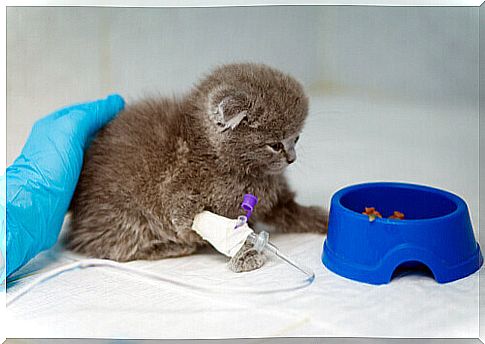
These sera are characterized by containing antibodies that produce immediate immune effects. Therefore, they are effective in treating serious acute infections, such as tetanus. They are applied once the infection has occurred; that is, they are curative, not preventive. Its effect is short-lived and disappears as soon as the antibodies have been consumed. It is also mild, so it must be administered several times to fight the infection. They are used for circulating toxins or poisons, mainly.
Active immune therapy
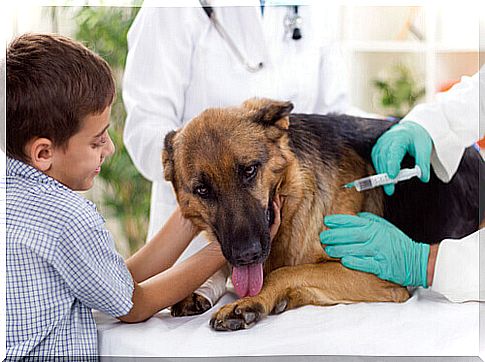
In it, the antigens are applied directly to the subject, through a vaccine. The immunity generated is effective after several days, because it creates immune memory.
Vaccines are made from inactivated or attenuated pathogens. Thus, when administered to an animal, they do not cause infection, but a primary immunity that creates antibodies for the future.
Immune therapy in animals: vaccination programs
The objective of vaccination is to develop active acquired immunity in the host, similar to that which would appear with infection. There is no single vaccination strategy and, therefore, vaccination programs will depend on a number of widely varying factors.
DIVA strategy
The acronym DIVA refers to the ‘immunological differentiation of vaccinated animals’. This is one of the most important challenges in immune therapy.
This strategy constitutes one of the most immediate bets in animal health research, as with the crisis a few years ago caused by bird flu. During this crisis, animals began to be vaccinated with a special marked vaccine, which allowed differentiation.
Possible drawbacks of marked vaccination are:
- That it takes at least three doses to achieve the desired immunity. That is, they are more expensive and the process takes longer.
- The results have not been satisfactory in all species.
- The DIVA strategy requires a very complex precise diagnosis.
- Despite the efforts, there may also be restrictions on the movement of animals.
Challenges for the future of immune therapy in animals
The future challenges of animal immunological therapy refer to certain aspects of genetic engineering that still need to be improved. This is the case of the search for artificially obtained vaccine antigens. Or the use of only a part of the pathogen, and not the entire microorganism, to avoid unwanted virulence. I mean, a lot of research is still needed.
